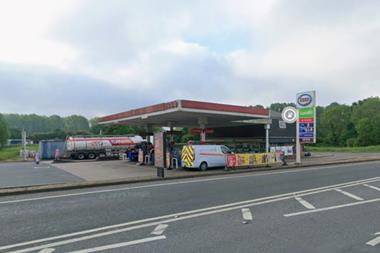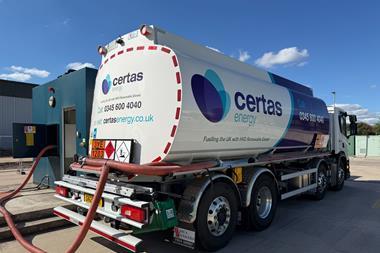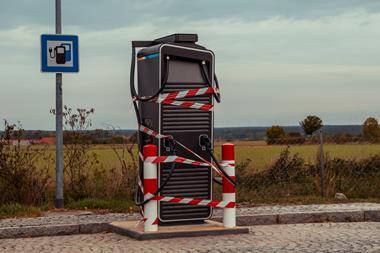Petrol sales, which were down 2.4 billion litres in the first nine months of 2011 compared to 2008, look set to collapse further in 2012, according to a new report by the AA.
A poll of 20,181 AA members revealed that motorists plan to cut back even more on car use this year, with nearly 40% saying they will either drive more economically (26%) or drive less often (12%) in 2012.
The cost of fuel and the affordability of driving has become such an obsession that other New Year resolutions have taken a far lower priority: drive more safely 5%, keep to the speed limit 4%, drive less aggressively 3%.
The response from lower-income drivers once again indicates how much harder they have been hit by record pump prices. While 37% of professionals and senior managers say they will drive less often or more economically, that rises to 40% for socio-economic groups that include skilled and unskilled manual and service workers, pensioners and the unemployed. A higher percentage of unskilled workers, pensioners and unemployed (14%) will drive less often in 2012 than top and middle-level managers and professionals (11%).
Paul Watters, head of AA Public Affairs at the AA, said: “Drivers are clearly being forced into cutting their motoring by the high price of fuel and, for many, this will impose difficult constraints on their lives. We have reached the stage where motoring is once again only easily affordable for the better off and, with the car still the mainstay means of travel for the majority, that is depressing news at the start of 2012
“The impact of high fuel prices on ordinary drivers is staggering with just over a quarter of those choosing a new-year resolution saying they would drive more economically and a further one in 10 intending to drive less. This far exceeded the 12% going for road safety-related resolutions, perhaps because the cost of motoring threatens the way they live their lives.”
Latest government statistics show that between January and September this year:
- UK petrol retail sales have fallen 2.4 billion litres compared to the same period in 2008. More than 40% of the fall happened this year (petrol retail sales: Jan-Sept 2008 – 16.3 billion litres, Jan-Sept 2010 – 14.9 bn, Jan-Sept 2011 13.9 bn).
- UK diesel retail sales are up 0.5 billion litres compared to the same period in 2008, although sales direct to company depots are down 8.1% during Jan-Sept 2010 compared to Jan-Sept 2008. It is thought that many companies now buy their diesel direct from fuel station forecourts.
- Even after UK average petrol prices fell away from the record highs in May (137.43p a litre), sales declined more quickly. Compared to 2010, there were 348.4 million fewer litres of petrol sold in the second quarter of 2011, but this drop escalated to 435.5 million litres in the third.
Regionally, the South West and Northern Ireland are most resolved to cut back on car use, both with 41% of AA members saying that they aim to drive more economically or less often. Least determined are those in London with 35%.

































No comments yet